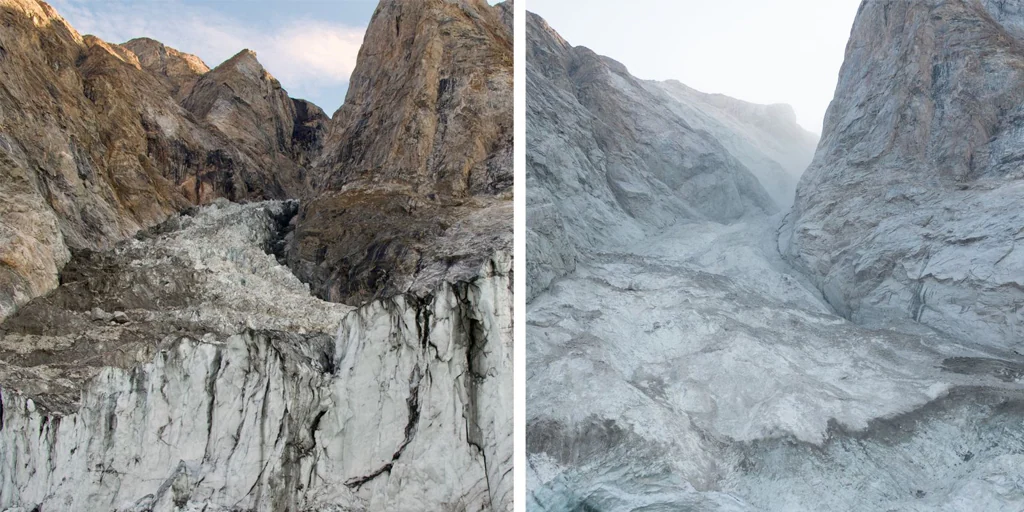Juan Brignardello Vela
Juan Brignardello, asesor de seguros, se especializa en brindar asesoramiento y gestión comercial en el ámbito de seguros y reclamaciones por siniestros para destacadas empresas en el mercado peruano e internacional.




The situation of forest fires in Peru has reached a critical level, causing a series of tragedies that have unfortunately left at least a dozen victims. In light of this alarming panorama, the Ombudsman’s Office has expressed its concern and made an urgent call to the government to declare a state of emergency in the most affected regions, such as Amazonas and Ucayali. According to their argument, this measure would facilitate a more agile and effective response from the authorities, in coordination with regional and local governments. Through its official channels, the Ombudsman’s Office has emphasized the need for a joint action to address the devastating consequences of these fires. "We urge the Executive to declare a state of emergency in areas affected by large-scale forest fires," reads their statement, highlighting the urgency of implementing concrete actions to mitigate the impact of this crisis. One of the critical points highlighted by this organization is the lack of transparency regarding information related to the fires. The Ombudsman’s Office has requested the National Institute of Civil Defense (Indeci) to supervise the figures of active, controlled, and extinguished fires. This lack of precise data has hindered the assessment of the magnitude of the emergency and has generated uncertainty among the affected population. Juan Carlos Urcariegui Reyes, head of Indeci, provided an alarming report, revealing that there are currently 49 active forest fires in various regions of the country, including Amazonas, Áncash, Apurímac, Ayacucho, Cusco, Huancavelica, La Libertad, Puno, and Tumbes. The figures highlight the extent of the problem and the urgency of a coordinated response to manage this environmental and humanitarian crisis. The affected communities find themselves in a situation of extreme vulnerability. The flames not only threaten the lives of their inhabitants but also their livelihoods, especially in agricultural areas. This is why the Ombudsman’s Office has urged specialized entities to develop immediate actions in the most affected areas, in order to safeguard the physical integrity of the population and protect crops. Additionally, the Ombudsman has advocated for greater collaboration between local and regional authorities, recognizing that these entities are responsible for conducting damage assessments and coordinating necessary assistance on the ground. However, the lack of resources and the scarcity of rapid and precise information have complicated these efforts. Climate change, along with deforestation and the lack of effective prevention policies, has exacerbated the situation of fires in Peru. The Ombudsman’s Office has pointed out that adverse weather conditions, such as prolonged droughts, are significantly contributing to the increase in forest fires, which in turn requires a more proactive and preventive approach from the authorities. In this context, the declaration of a state of emergency would not only allow for the mobilization of resources and specialized personnel but could also facilitate the implementation of emergency plans to address the underlying causes of these fires. It is crucial for the government to take decisive action and act with the urgency that the situation demands. The international community is also closely watching the crisis facing Peru. Non-governmental organizations and environmental experts have offered assistance and support, emphasizing the importance of a coordinated response that not only addresses the current fires but also works on the restoration of damaged ecosystems and the prevention of future disasters. It is imperative that all parties involved, from the national government to local communities, work together to tackle this crisis. The fight against forest fires and their consequences is a call to action not only to protect the environment but also to safeguard the lives and well-being of thousands of Peruvians affected by this devastating reality.
Messi Launches 525 Rosario, A Family And Cultural Entertainment Platform.

Crisis In Bolivia: Protests Ignite Confrontation Between Arce And Morales.
:quality(85)/cloudfront-us-east-1.images.arcpublishing.com/infobae/273X22YFAHTNR5MCH7ATPAAULU.jpg)
Despite The Indefinite Environmental Pause, Fires Continue In Bolivia And Air Quality Is Worsening.
:quality(85)/cloudfront-us-east-1.images.arcpublishing.com/infobae/OKWA4HWUTFHW3DVEQLOOU6DWKY)

-U18402306776Wct-1024x512@diario_abc.jpg)

